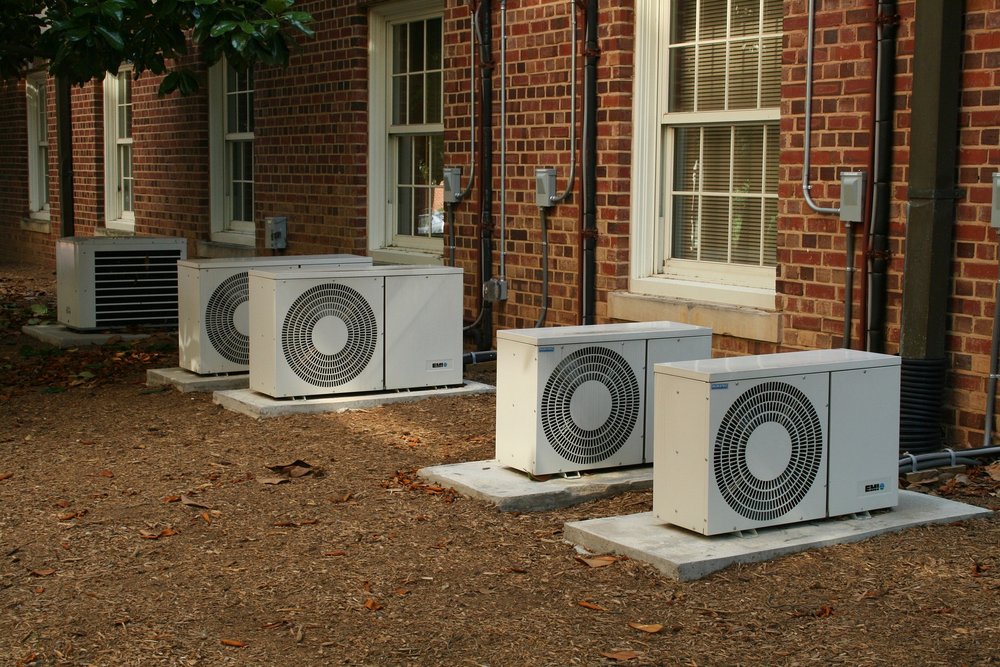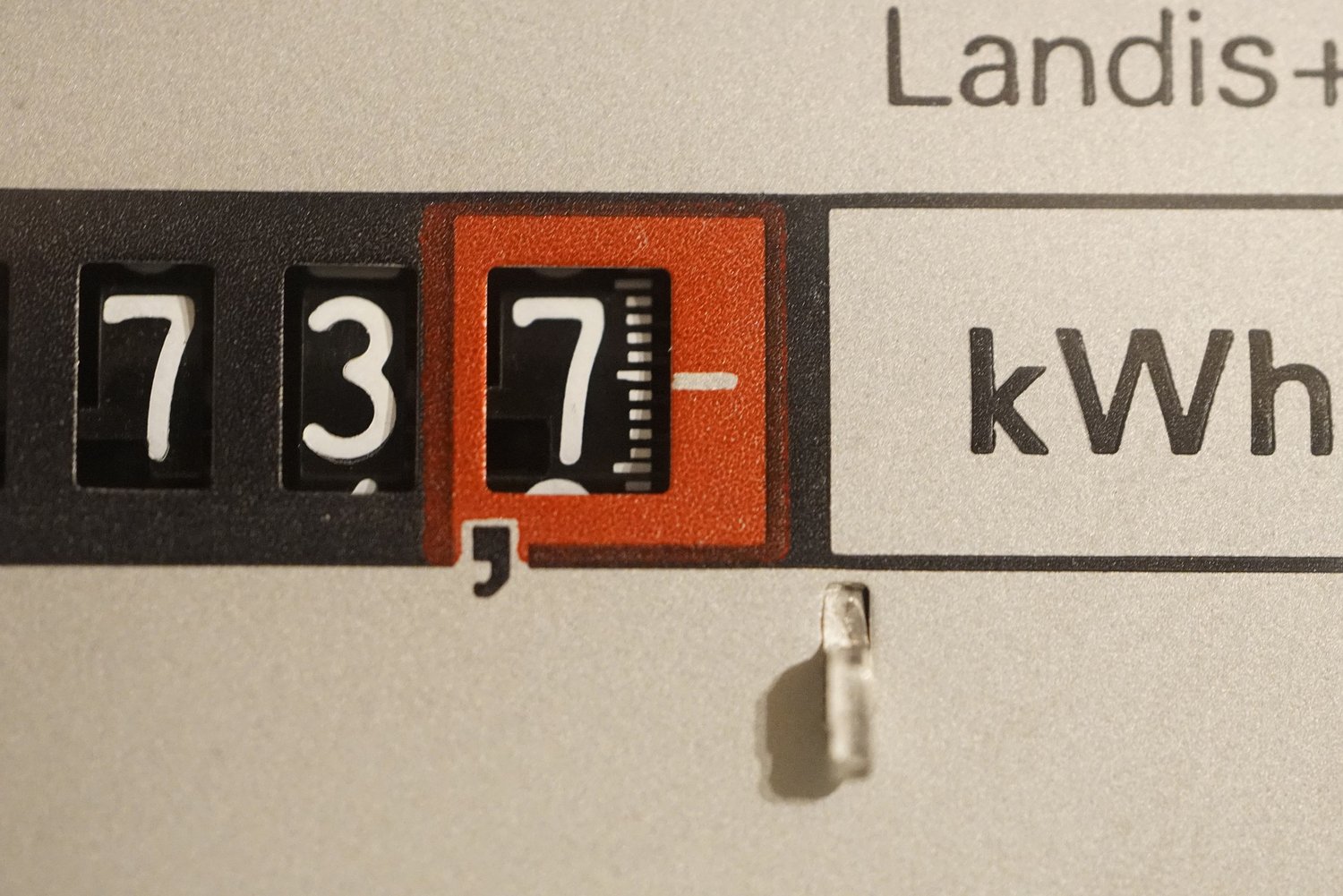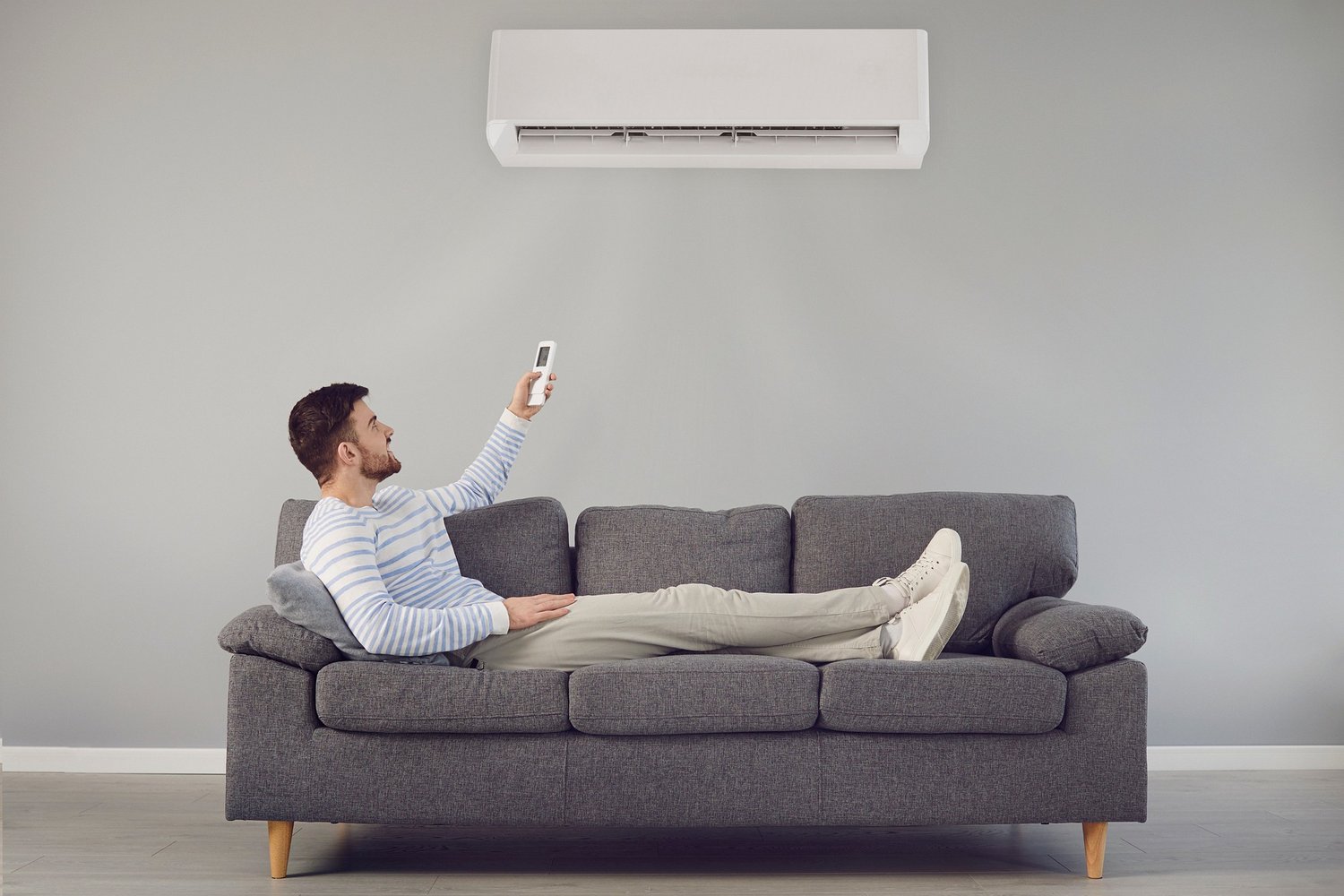May 18, 2023
Filter Ratings: How They Work And What To Use (2024)

Learn What Filters Work Best In your Home And What Ratings To Look For
The air we breathe impacts our health significantly. And when it comes to the air that circulates inside your home, there are many pollutants that can potentially harm you and your loved ones.
Indoor air pollution can come from different sources, such as dust, pet dander, pollen, mold or other household products. These can irritate your lungs and cause other more serious health issues, such as allergies or chronic illness.

It’s crucial to ensure the air you breathe is safe. One effective way to improve your home’s air quality is to ensure your HVAC system has air filters. But not all air filters are created equal. And some filter ratings mean different things depending on their usage.
Crystal Clean Vents has years of experience working with filters in HVAC systems. There’s plenty of information out there about air ventilation, filters and filter ratings. We’ve compiled information for you about filter ratings so you know what to look for.
What Are Air Filter Ratings?
Air filters are rated based on their Minimum Efficiency Reporting Value (MERV). MERV ratings range between 1-20; the higher the number, the better the filtration performance. A MERV rating indicates how many particles the filter will catch while allowing air to pass through it.
This percentage will never be 100%, but the higher the MERV filter ratings and percentage, the more particles you’ll keep out of your home. For example, a MERV 8 filter can capture up to 70% of airborne particles. These particles are between 3-10 microns in size. A MERV 11 filter can capture up to 85% of these particles.

However, remember that just because a filter has a high MERV rating doesn’t always mean it offers the best filtration. Filters with high MERV filter ratings can also impede airflow, reducing the efficiency of your HVAC system and increasing energy consumption. This is why using the right filter for your HVAC system is crucial.
Types of Filters
There are several types of air filters available, and each has its advantages and disadvantages. Some work well for basic filtration, some are better suited for residential homes and others are typically used in hospital settings. Here are some common types of air filters, their respective filter ratings and where they’re usually used.
#1 – Fiberglass Filters
Fiberglass filters are made of spun glass, which captures large particles from the air and typically comes with a MERV rating between 1-4. These are the most basic and affordable filters available. They are designed to capture large particles such as dust and dirt but aren’t as effective at capturing smaller particles.
Fiberglass filters are usually used in furnaces or air conditioning units to keep out large debris and have lower filter ratings. Using a fiberglass filter on its own will not be very effective.
#2 – Pleated Filters
Pleated filters are made from pliable materials like polyester, cotton or paper. These filters fold like an accordion and stay in a cardboard frame. These can handle larger surface areas than fiberglass filters, which allows them to capture smaller particles. They come in various MERV ratings, so you can find one that meets your needs.

Pleated filters are typically found in air conditioners and furnaces. When combined with fiberglass filters, these can filter out both large and small particles. They have higher filter ratings than fiberglass filters.
#3 – High-Efficiency Particulate Air (HEPA) Filters
HEPA filters are highly efficient at capturing particles as small as 0.3 microns. They are commonly used in hospitals, laboratories, and other settings that require high levels of air quality. These filters trap smaller particles, such as pollen, dander, smoke and dust mites. They force air through the filter to trap the most pollutants possible while allowing airflow.
You’ll see HEPA filters in hospitals or medical offices. You’ll also find them in personal air filtration systems, which can be helpful for additional air filtration in smaller rooms. The filter ratings for these are quite high.
#4 – Electrostatic Filters
Electrostatic filters use an electric charge to attract and capture particles. They are highly effective at capturing small particles and can be washed and reused. These filters are commonly found in HVAC systems, specifically within the ductwork.
Electrostatic filters are relatively new, so these are not as common as other filter types.
Choosing the Right Filter for Your Home
When finding an air filter for your home, it’s essential to consider several factors such as your HVAC’s performance, the size of your home and the level of indoor air pollution. Choosing a filter with appropriate MERV filter ratings for your system is also important.

Generally, a filter with a MERV rating between 8-11 is suitable for most residential HVAC systems. However, if you’re unsure what kind of filter to get for your home, you can connect with a professional HVAC company or a vent cleaning company. They can help you find the right filter and filter ratings for your needs.
It’s also crucial to change your air filter regularly. A dirty or clogged filter decreases your HVAC system’s efficiency and lessens overall airflow. It can also allow pollutants to circulate through your home, compromising your indoor air quality.
While you can clean your HVAC system on your own, you will likely have some difficulty getting everything cleaned correctly. Plus, if you have reactions to dust and pollen, you’ll want a professional to handle this for you.
Final Thoughts
Using air filters in your home’s HVAC system can significantly improve the air quality inside your home. Not only will this ensure the air is clean and clear, but it will likely improve your sleep and overall health. When you take the time to understand how air filter ratings work, you can select the right filter for your home.
Maintenance is equally important for air filtration systems. Remember to change your air filter regularly to ensure maximum filtration performance and efficiency. If you need assistance cleaning your HVAC, ducts or ventilation system, Crystal Clean Vents can help you keep your filters clean.
Contact us today to learn more about what filter ratings are right for your home and to hear about our various services.

Leave a Reply